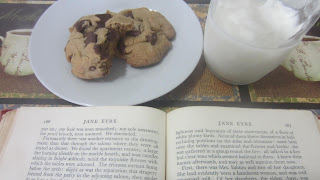Some denominations focus on the gifts of the Spirit. Others emphasize signs and wonders. Others highlight sanctification and heart-cleansing. I often pray for more of the Spirit's power for sharing my faith. (Acts 1:8) Which is the right emphasis? Brengle begins by reminding us that the Holy Spirit is not a mere influence or impersonal force, but a divine Person and member of the Trinity. He is the indwelling presence of Christ.
Many have looked at the promise of power when the Holy Ghost is come and they hastily and erroneously jump to the conclusion that the baptism with the Holy Ghost is for work and service only. . . . [but] the primary work of the baptism is of cleansing. In a water mill, the flood first washes out the obstructions and then you have power. The great hindrance in the hearts of God's children to the power of the Holy Ghost is inbred sin. When the Holy Spirit comes, His first work is to sweep away the carnal and make free and clean all the channels of the soul. (Chapter V) There must be purity before there can be any power. In fact, When we seek the Holy Spirit's infilling for His power, it can easily lead to pride, but when we seek His cleansing, it naturally leads to self-emptying and humility.
In Chapter VI, Brengle writes of spiritual power unlike our normal definitions of it (power to do impressive supernatural acts). Instead he says the Spirit gives us power to overcome this world's temptations. Next there is power to overcome "the flesh;" bodily appetites no longer control us, because it is only the soul cut off from God that seeks satisfaction in sensual excesses. Third, is power over the Devil. We are no longer blind to his machinations and are given the ability to resist him. Finally, it does not make us powerful in the worldly sense because it is power to do the will of God patiently and effectively, with naturalness and ease, to suffer the will of God with patience and good cheer. It is power for service or sacrifice, according to God's will.
No earth-shattering revelations in this booklet, just good solid teaching. My sister says his Helps to Holiness is life-changing, so I may try that one next.
Blessings,






